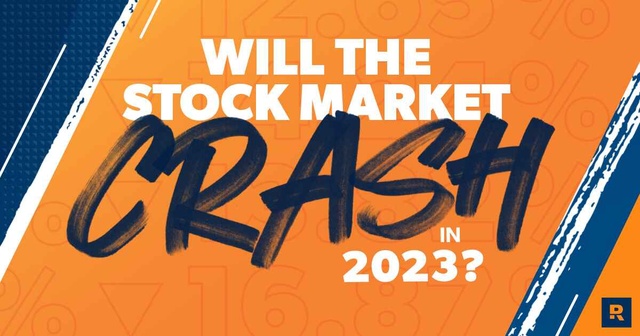October 23, 2023

I asked CJ Evans if the Fed is trying to crash the market
His reply
"I doubt the Federal Reserve is trying to crash the markets. Its actions would be too obvious and it would get the blame. Rather, I observe that its owners and handlers are working through its Federal Reserve to transform the common man's ways of life going out to the Great Reset and to accelerate the elimination of the last vestiges of our personal and financial freedoms.
A regime of higher bond yields and short-term interest rates work to consolidate the wealth and power into the hands of those who are able to withstand higher costs of capital. Small businesses and wage earners will continue to get pummeled all decade long out to the Great Reset.
It still pays to be an asset owner, whose assets generate income. Those who own the income-generating assets will be able to increase their income through the continual escalations in the cost of living. Thus, I recommend stocks that continue to generate earnings and dividends for their holders. I continue to recommend single-family rentals as rental income will continue to increase for those who are not over-leveraged. I observe how the prices of sports teams continue to escalate as their owners just pass the costs along to their fans. In terms of residential real estate, I expect house price to household income multiples to continue increasing over time.
I submit that eventually, the Fed will have to relent and that its current ostensibly hawkish stance is mostly for show. The Federal government continues to increase its fiscal deficit spending post-covid and since there is no additional organic demand for all this added debt, the FED will eventually have to step in to absorb the excess. When and how it decides this remains to be seen since no one in the Fed hierarchy is demanding the federal government curtail its profligacy.
It's become increasingly clear that the Federal government has absolutely no desire to curtail its fiscal spending. We need to keep in mind that this additional debt generation provides collateral to own other assets. So, while we recognize the plateau in the traditional money stock measures, all of this extra debt provides collateral to purchase additional assets and will cause ongoing inflation.
To make matters worse, there is an increasing unease within the trading and investing communities regarding this elevated deficit spending, which is accelerating the loss of confidence in the individual nation-state central banking concept. This loss of confidence will begin to manifest and has already shown up in the rising velocity of money measures.
Investors and economic stakeholders will continue to have less of a desire to hold on to their cash and will turn it over more quickly. Even if the money stock measures flatten out at this elevated level, inflation can still remain above target for quite some time and the common man's ways of life will continue to diminish and suffer as he struggles to pay his bills. The common man is stuck with higher borrowing costs without the ability to increase his balance sheet and passive income cash flow that only income-generating assets can provide him. The wealthy are able to offset more effectively this increase in borrowing costs.
Thus, I wouldn't say the Federal Reserve is trying to crash the markets. Rather, I would say that its handlers are trying to crash the concept of the individual nation-state. Through this Hegelian process, I see a global financial system emerging out of these manufactured crises. It will seem almost natural like the morning following the night.






